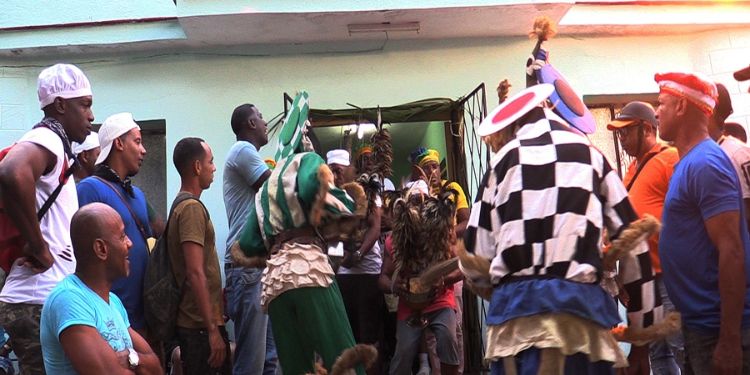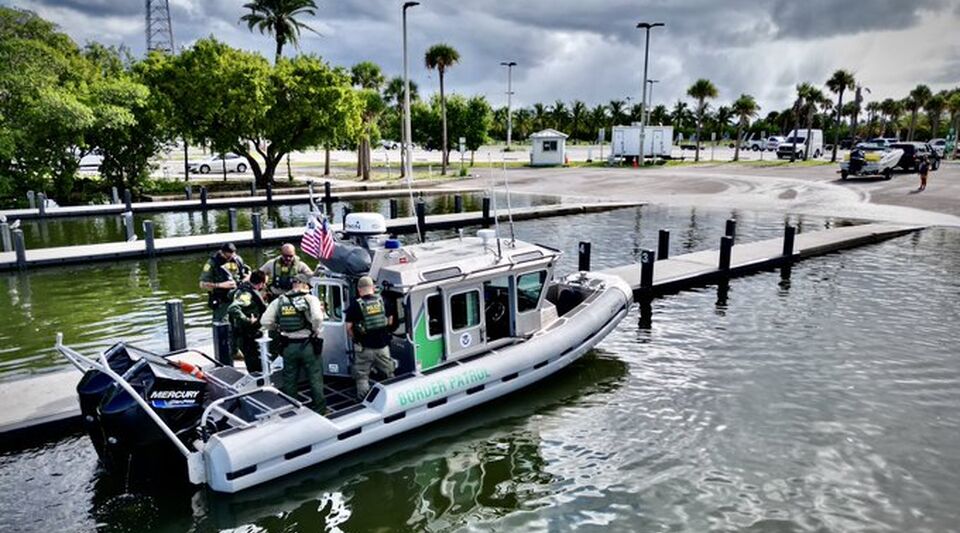Havana Cuba. – Although January 7, 1836 has emerged as the date on which the Abakuá Secret Society was founded in the capital city of Regla, several sources specify that the brotherhood had begun to develop in the 1820s by slaves recently arrived from the Calabar, present-day Nigeria, and quickly gained followers among the black population -subject or free-, the mulattoes and some whites of humble origin, mainly in Havana and Matanzas.
The brotherhood emerged primarily as an act of resistance to the growing repression against slaves and blacks in general. Also as a mutual assistance group for its members, who on the basis of religion swore a secret code of behavior and self-defense.
Being a brotherhood created as a result of the discrimination that black-skinned people were subjected to, initially mulattoes and whites could not access it. Women were not allowed either, a veto that is maintained to this day.
Ñañiguismo spread throughout Havana, although its hard core was concentrated in the neighborhoods near the port. Over the years and also because of the entrenched racism in Cuban society, its members acquired a reputation as troublemakers, even hitmen.
This unfounded belief has served the political power to keep the population away from an institution that it has not managed to infiltrate at will, as it has done with other mutual associations and religious denominations in general, which exercise their ministry in open collusion with the regime.
Contrary to what many people think, the Abakuá brotherhood -also known as “black Masonry”- is governed by ethical and moral precepts that are mandatory for its true members. Popular ignorance, added to the hermeticism of the brothers and the gradual degeneration of knowledge, traditions and human nature, has built a series of prejudices around what it means to belong to this association.
Many young people have confused mutualism with gang membership, and misrepresented the values of loyalty, help and honor inherent to the Abakuá, to turn them into a creed of violence, which clouds the image of brotherhood.
Many Abakuá joined the independence cause started in 1868and it will never be forgotten that they were the only ones who tried to rescue eight medical students unjustly sentenced to death for the cruelty and stupidity of the Volunteer Corps at the service of the Spanish Crown.
Receive information from CubaNet on your cell phone through WhatsApp. Send us a message with the word “CUBA” on the phone +525545038831, You can also subscribe to our electronic newsletter by giving click here.
The post Abakuá: honor, respect and aché appeared first on CubaNet.














